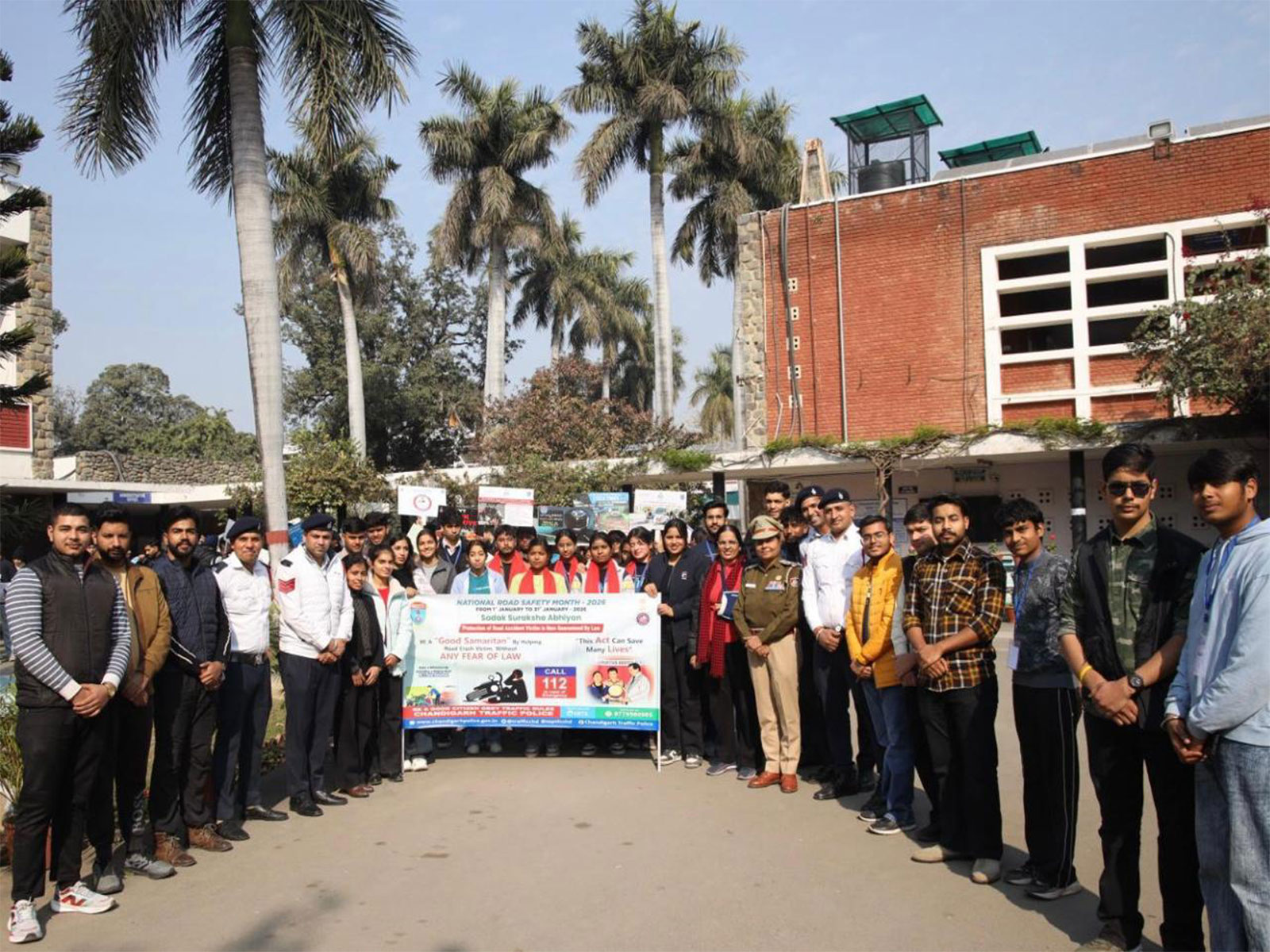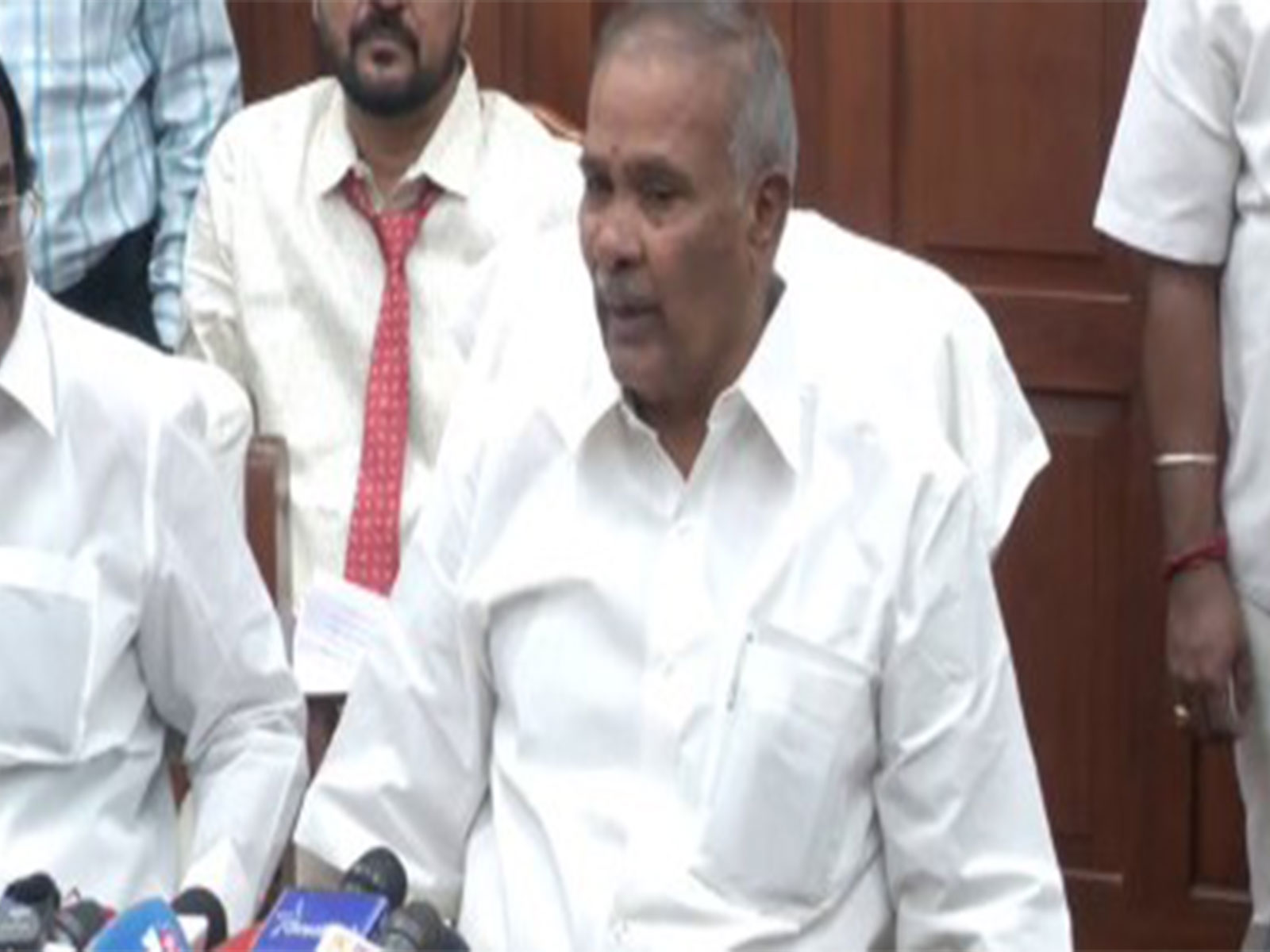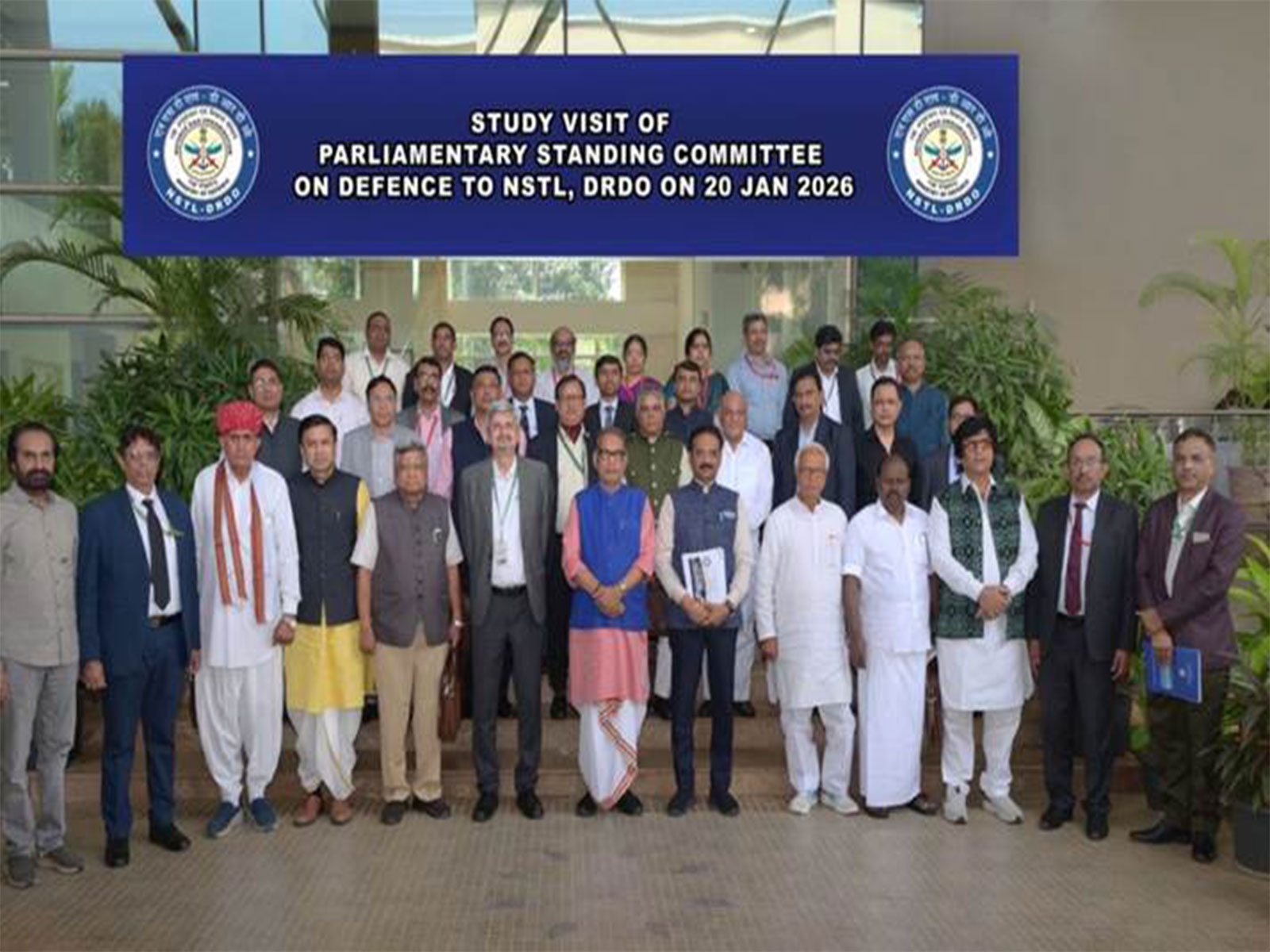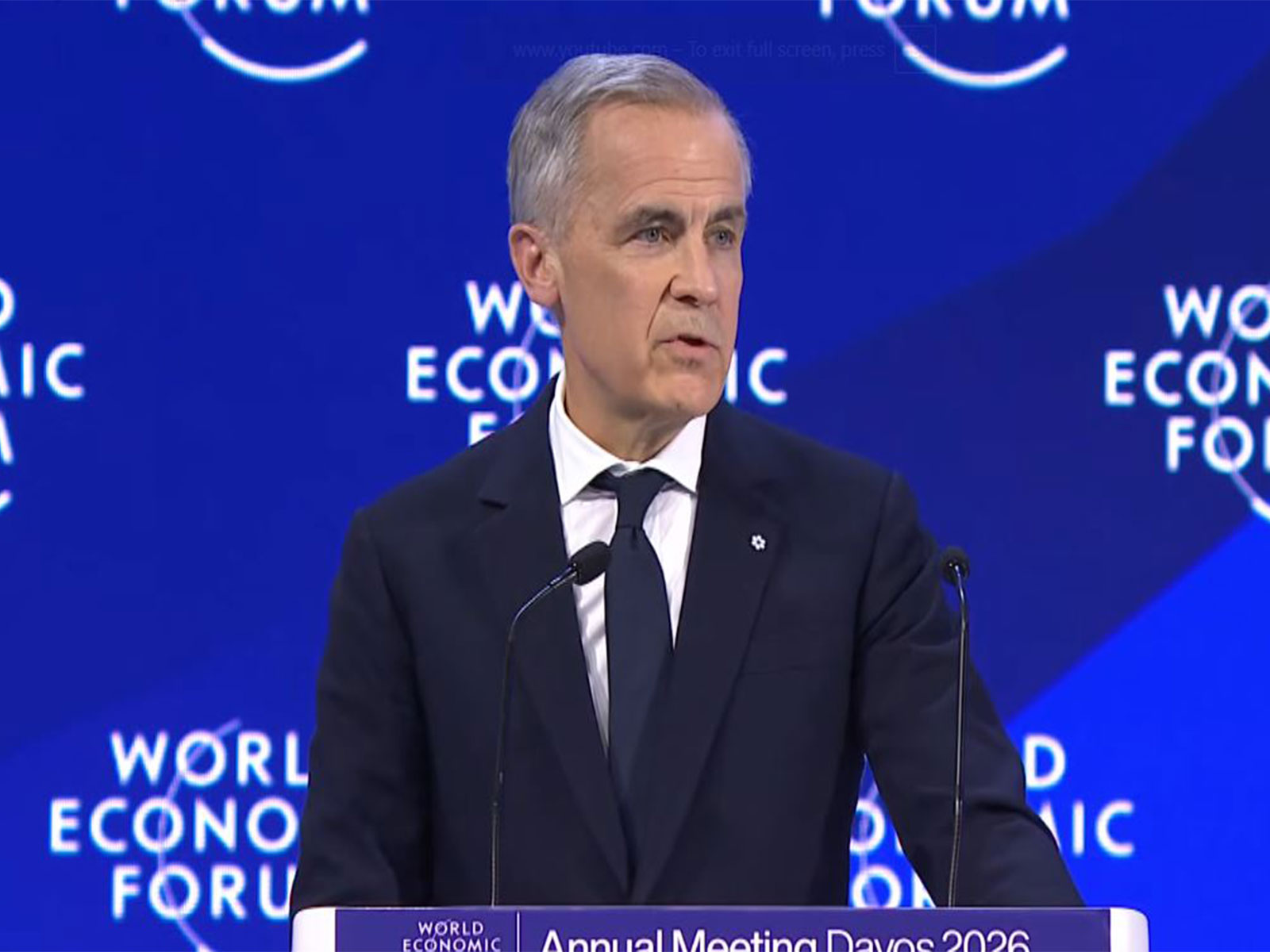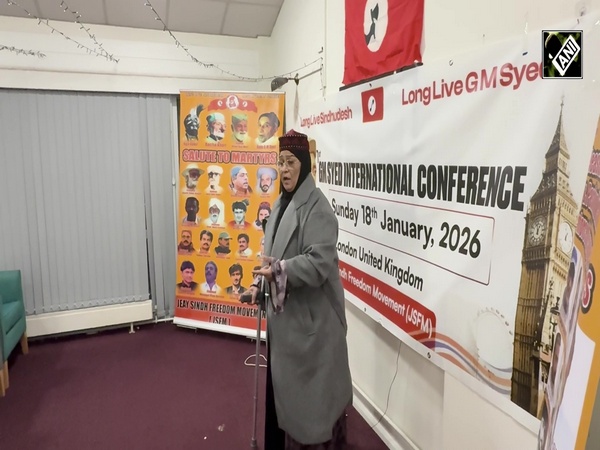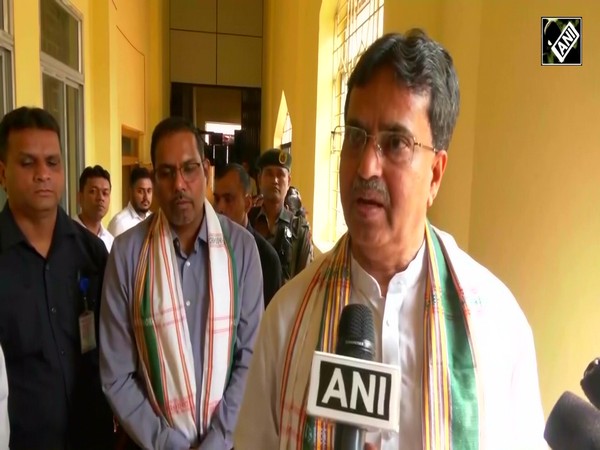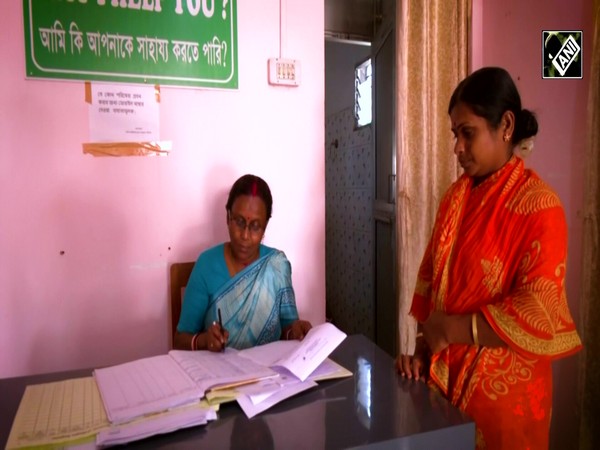Pandemic response in SE Asia must address rising inequalities: UN Report
Aug 01, 2020

Bangkok [Thailand], Aug 1 : The United Nations has commended governments in southeast Asia for acting swiftly to stem the most serious health consequences of Covid-19 pandemic but highlighted the need to curb rising inequalities across the region.
The UN Secretary General's Policy Brief: The Impact of Covid-19 on Southeast Asia, however, warns that these early successes must be translated into addressing the serious socio-economic setbacks which threaten to further deepen inequalities.
"As in other parts of the world, the health, economic and political impact of Covid-19 has been significant across southeast Asia -- hitting the most vulnerable the hardest," said UN Secretary General Antonio Guterres adding that while the region has much work to do, it also has formidable capacities at its disposal.
"The pandemic has highlighted deep inequalities, shortfalls in governance and the imperative for a sustainable development pathway. And it has revealed new challenges, including to peace and security," he said.
The new UN report examines how Covid-19 has affected 11 countries in southeast Asia and proposes action-oriented recommendations on mitigating immediate impacts and planning pathways out of the crisis.
The brief highlights disproportionate impact of pandemic on vulnerable groups, particularly workers in the informal economy. The crisis is threatening to push them back into poverty and unemployment.
"Responding to the pandemic and delivering on the Sustainable Development Goals are closely interlinked. We need a future that is more equitable, sustainable and resilient," said Armida Salsiah Alisjahbana, UN Under-Secretary General and Executive Secretary of the Economic and Social Commission for Asia and the Pacific (ESCAP).
Moving forward, four areas will be critical in the region's plans for recovery: tackling inequality, bridging the digital divide, greening the economy, and upholding human rights and good governance.
The report is part of a series of policy briefs issued by the United Nations that examine the sectoral and geographical dimensions of Covid-19 pandemic across the world.





